President Klaus Iohannis emphasized in his briefing sent to Parliament on the establishment of the state of emergency in the country in the context of the COVID-19 pandemic that the "entire" general framework for exceptional measures needs to be reviewed, updated and correlated with social realities, maintaining a balance between the flexibility of solutions capable of responding to increasingly diverse challenges of today's society and their concreteness and clarity.
This framework should provide the Executive with concrete tools that allow a "prompt" intervention, "for the benefit of the timely protection of citizens", points out the head of state, in the information published on Thursday by the Presidential Administration.
"From 1991 to 1999, Romania did not have a legal framework subsequent to the constitutional provisions governing the state of emergency. In the context of the Miners' Riot in [the so-called Mineriad] of January 1999, the Government adopted, by emergency ordinance, a general regulation for the establishment of exceptional measures stipulated by Article 93 of the Constitution, which was approved by the Parliament only five years later, by Law No. 453/2004, 2004. From 2004 to the present, this normative act has undergone only amendments aimed at the alignment of the legislation with the obligations of Romania as a NATO member state, especially regarding the state of siege," Iohannis brings to mind.
He added that, at the time of the COVID-19 epidemic outbreak, the legal framework contained, on the one hand, "obsolete" provisions in relation to the constitutional and institutional architecture, and, on the other hand, did not include sufficient tools to respond to the risks currently facing society.
According to him, "to this picture is added the fact that, at the time of the crisis that required the establishment of the state of emergency, Parliament was facing at least an atypical way of functioning, caused by the lack of procedures and working methods to ensure that its constitutional role provided for in Article 61 of the Constitution is achieved".
Consequently, points out the president, a "unique, predictable and coherent legal framework" is needed.
He appreciates that, "in the period before the state of emergency, during and even after its cessation, experience has shown that through the punctual legislative steps of the Romanian Parliament, lacking a unitary vision in addressing this situation, the coherence and efficiency of some government measures suffered ".
In the document submitted to the Legislature, he states that "Parliament's responsibility to establish a coherent legal regime, both for the state of emergency and for the state of siege is all the more important as the Constitutional Court has established in its recent jurisprudence that only the law as Parliament's act may include those measures which entail restrictions on the exercise of fundamental rights or freedoms."
In his opinion, the legislation regulating the concepts of "emergency situation" and "state of alert", found in Emergency Ordinance (OUG) no. 21/2004 on the National Emergency Management System, should be rethought, "to ensure a unitary vision in accordance with the constitutional framework governing the role of the President of Romania and exceptional measures."
"Parliament must also revise the legislative framework from the perspective of assimilating or including, at the level of the law, those measures that would provide, in the long run, a set of adequate means to strengthen the authorities' responsiveness to risks," he added.
Iohannis also emphasizes that the social protection legislative measures must be analyzed and instituted by Parliament in a "genuine" dialogue with the Government and all relevant actors, "with responsibility for the available financial resources and for the effort of the whole society to overcome the current crisis".
"Responsibility, loyal collaboration, coherent and predictable legislation in accordance with the social need and not to the benefit of the electoral or group must be commands essential to the activity of all public institutions in general and in the next period," the head of state said.

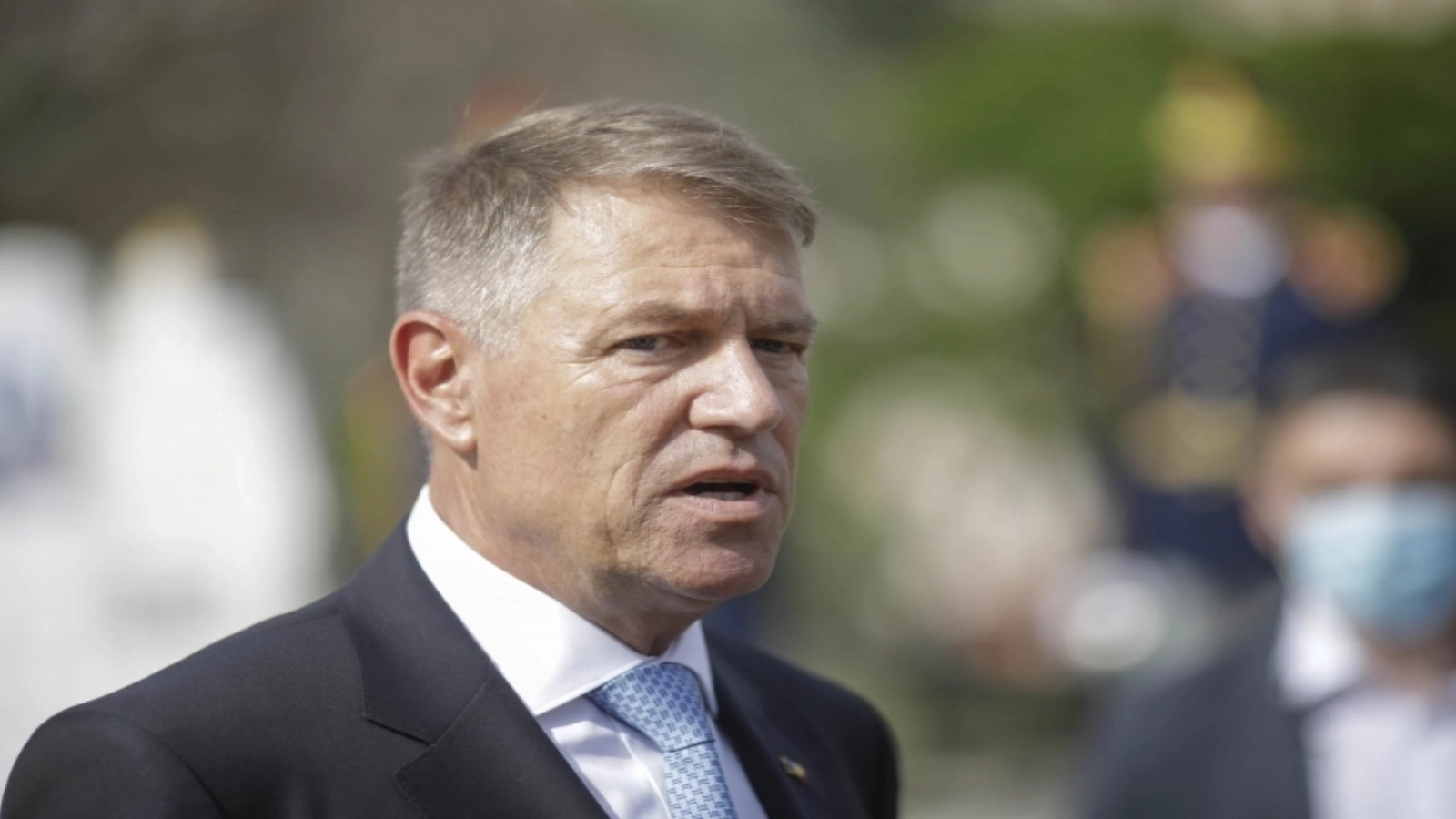
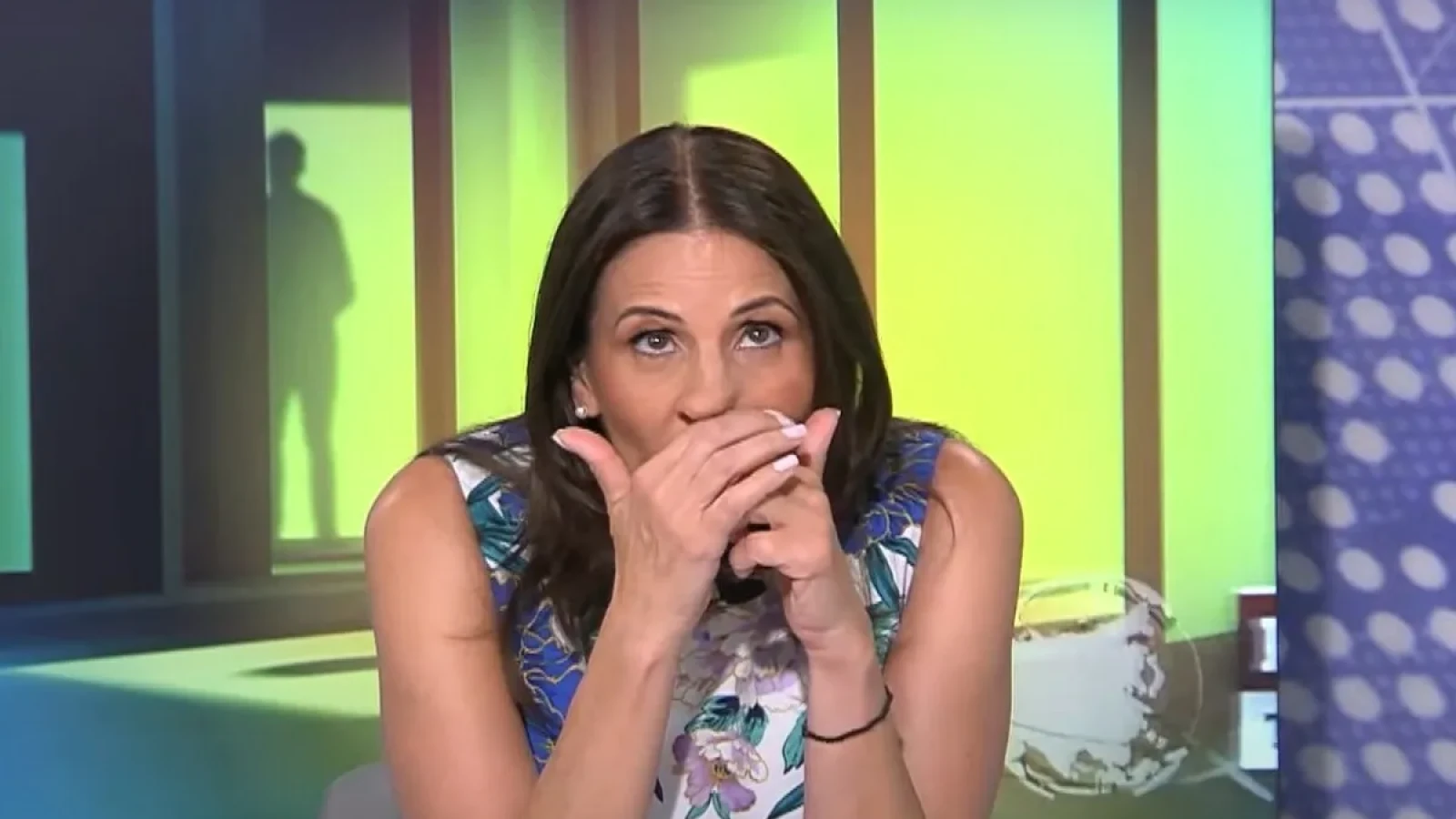
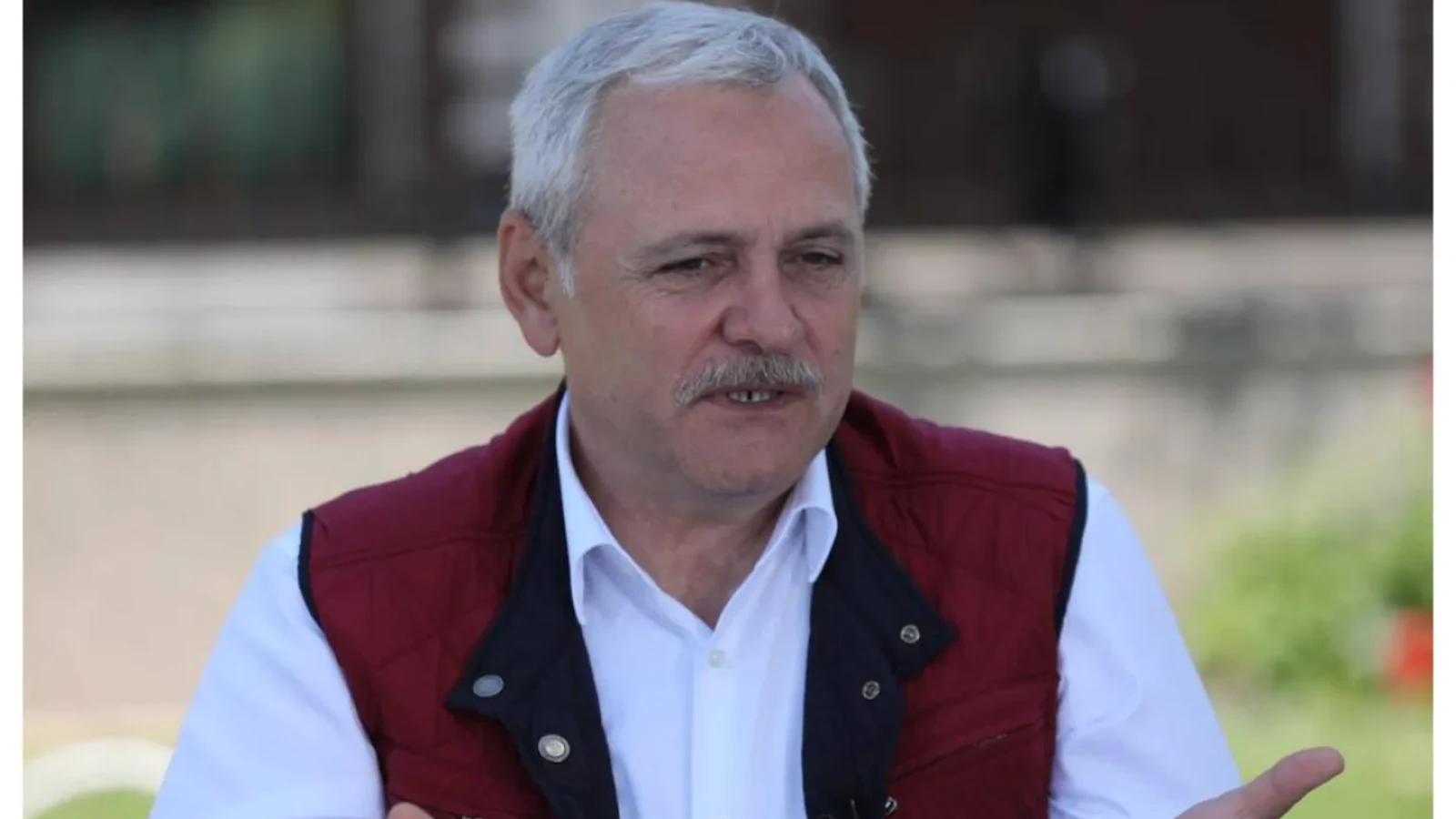





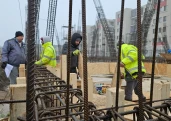
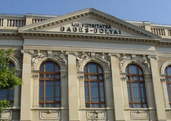




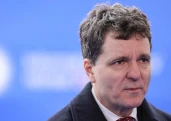
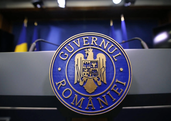




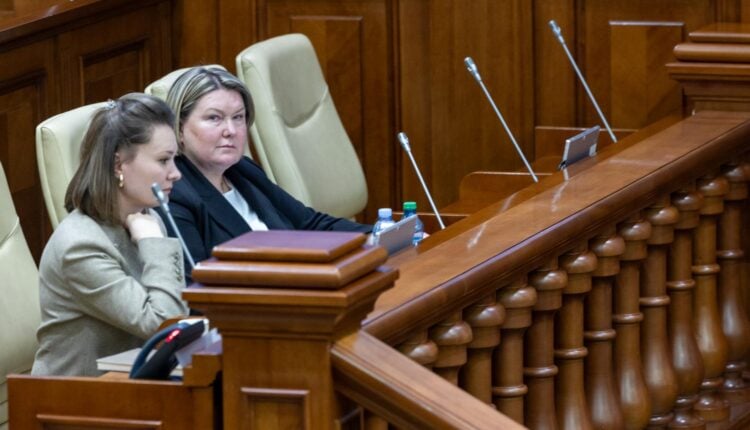
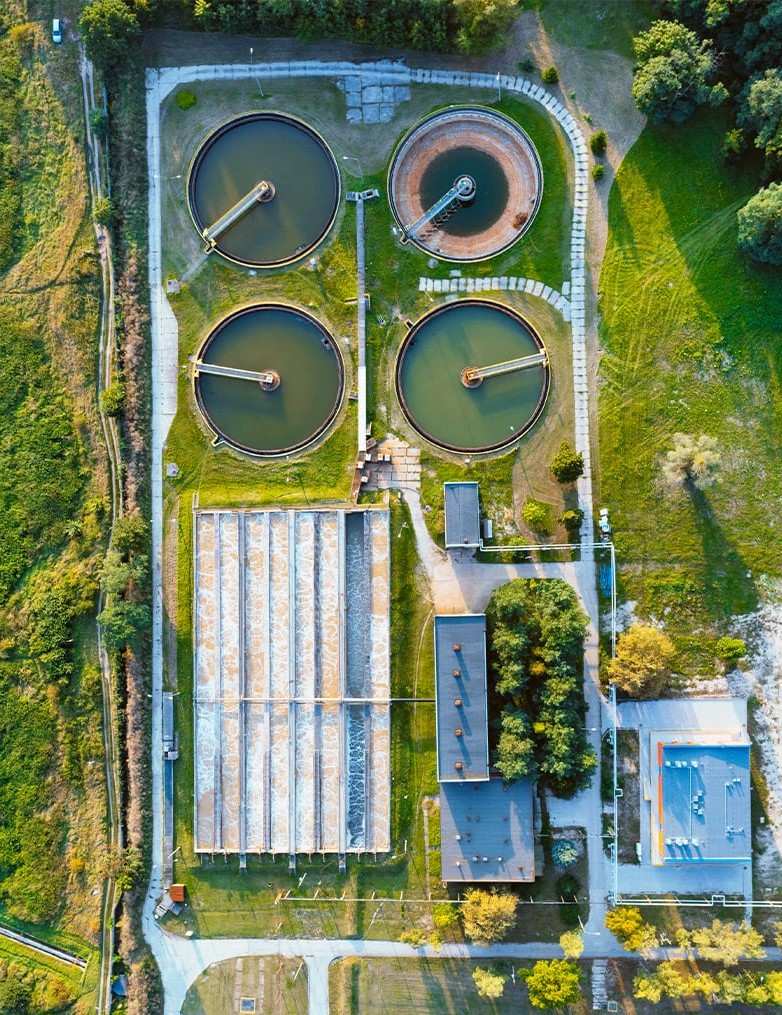









Comentează